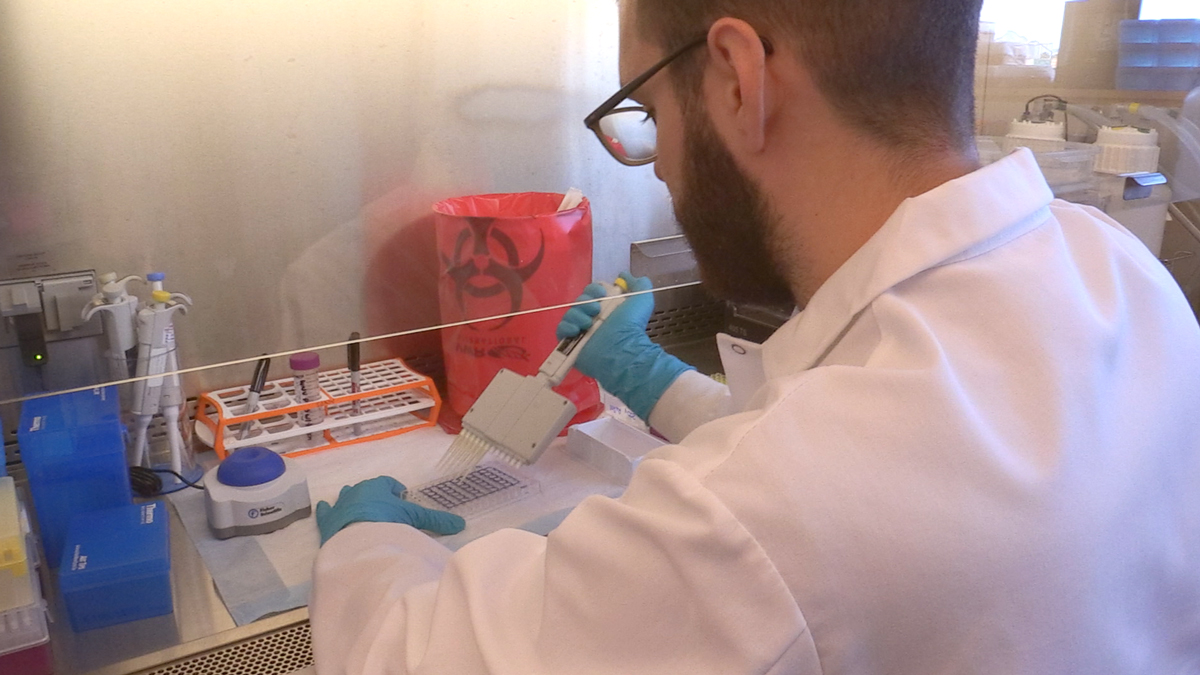 Infectious agents are all around us. They can be found in the food we eat, in the water we drink, in the air we breathe, and on what we touch. Modern times have brought us solutions, such as vaccines and treatments, but also problems, like air travel and globalized food distribution, which can help spread infectious diseases across state and country lines much more quickly.
Infectious agents are all around us. They can be found in the food we eat, in the water we drink, in the air we breathe, and on what we touch. Modern times have brought us solutions, such as vaccines and treatments, but also problems, like air travel and globalized food distribution, which can help spread infectious diseases across state and country lines much more quickly.
Luckily, as individuals, we can prevent many diseases by using good personal hygiene (like handwashing) and good food hygiene (like properly cooking and storing food), preventing certain exposures (like tick or mosquito bites), and through vaccinations. But this is not enough. We need help from our healthcare providers and clinical laboratories. Healthcare providers and labs are among the first to find cases of infectious diseases. When these cases are reported to public health officials, we can talk to patients or review medical records to find out more about the person’s risk factors, educate doctors and patients, and make recommendations to prevent spread of the disease. Public health also looks for changes in disease trends to help identify outbreaks or know when a disease is changing. Public health may alert physicians or the public to watch for particular problems.
Healthcare providers and labs, as well as schools and other similar entities, are mandated by state law to report to local or state health departments. In Arizona, communicable disease reporting and control are regulated by Arizona Administrative Code, Title 9, Chapter 6, Articles 2 and 3. These rules identify which communicable diseases must be reported, by whom, how quickly, and what information needs to be included (Article 2). They also outline intervention measures that various groups should follow to prevent further disease spread (Article 3).
For the last 18 months, ADHS has been working with stakeholders in the public health system to revise these rules to include emerging diseases (e.g., Zika), account for changes in technology like new laboratory tests and electronic reporting, and to remove unnecessary requirements and improve clarity. The new rules will be effective on Jan. 1, 2018, and all updated resources can be found at azdhs.gov/reporting. In the coming weeks our ADHS team will be busy disseminating the changes to our partners and working with local health departments to reach out to providers regarding the importance of reporting.
Help us spread the word that reporting is a vital step in controlling and preventing the spread of communicable diseases and to protect the health of individuals and communities in Arizona.









